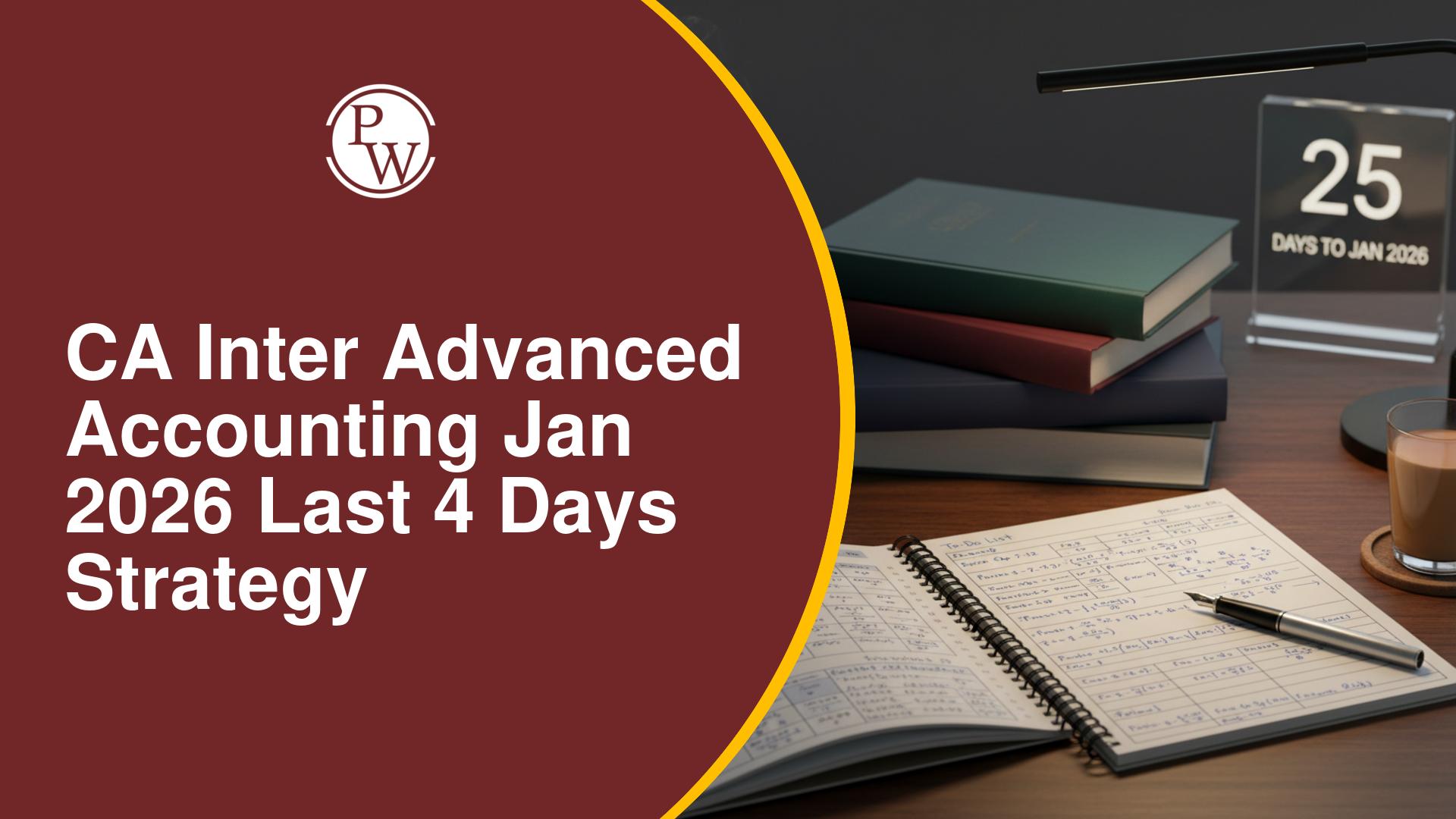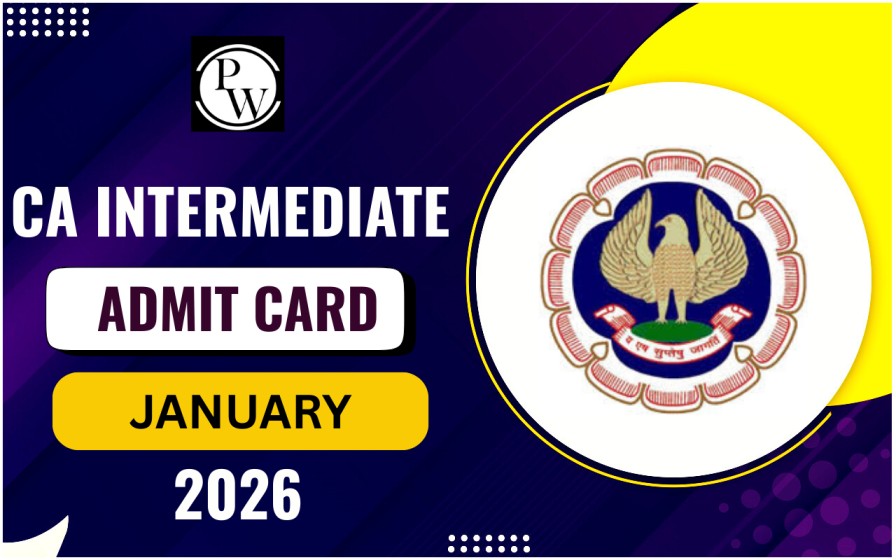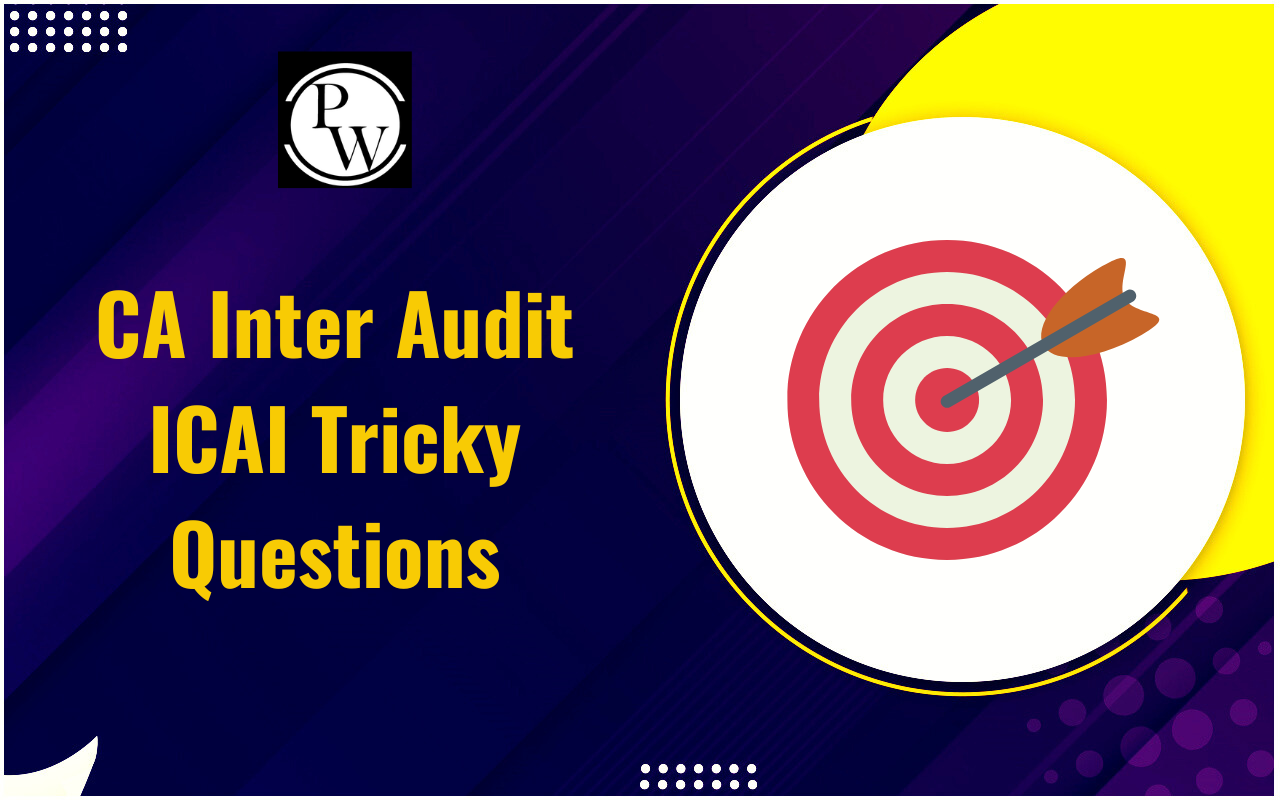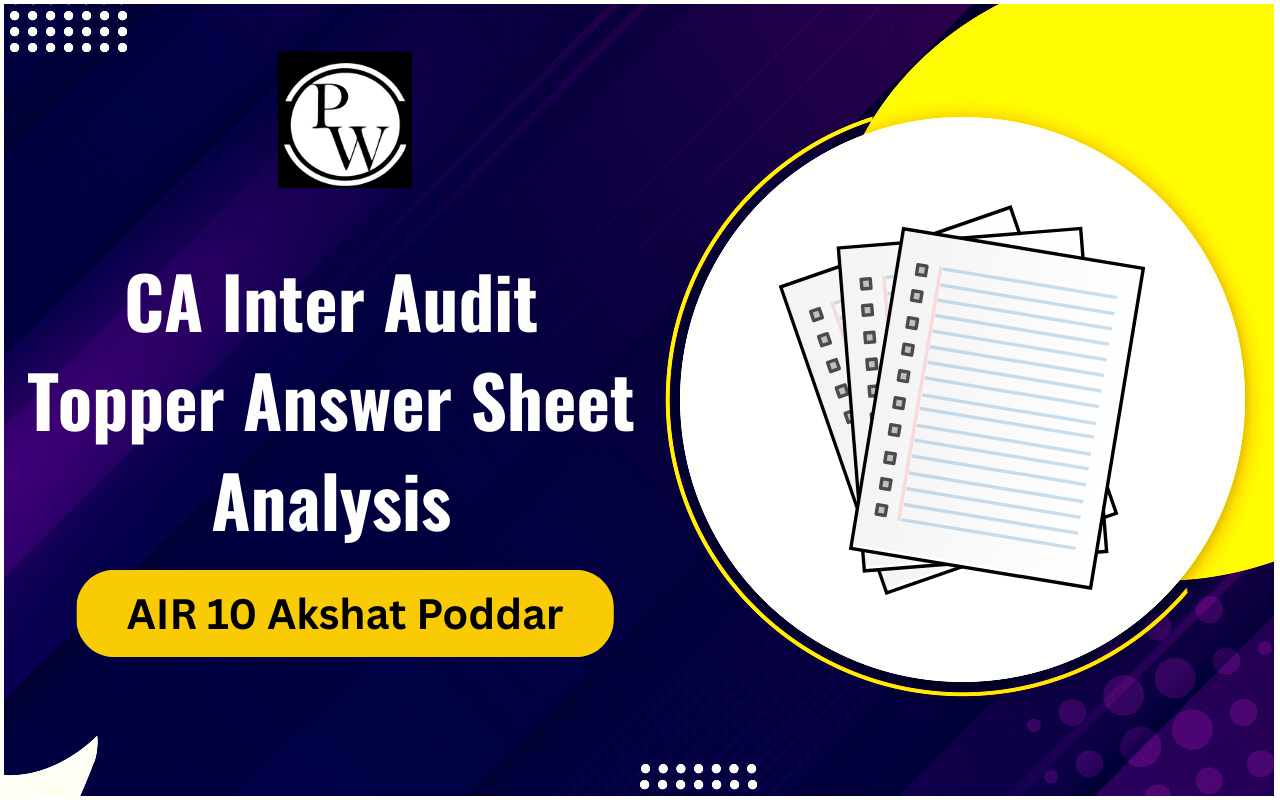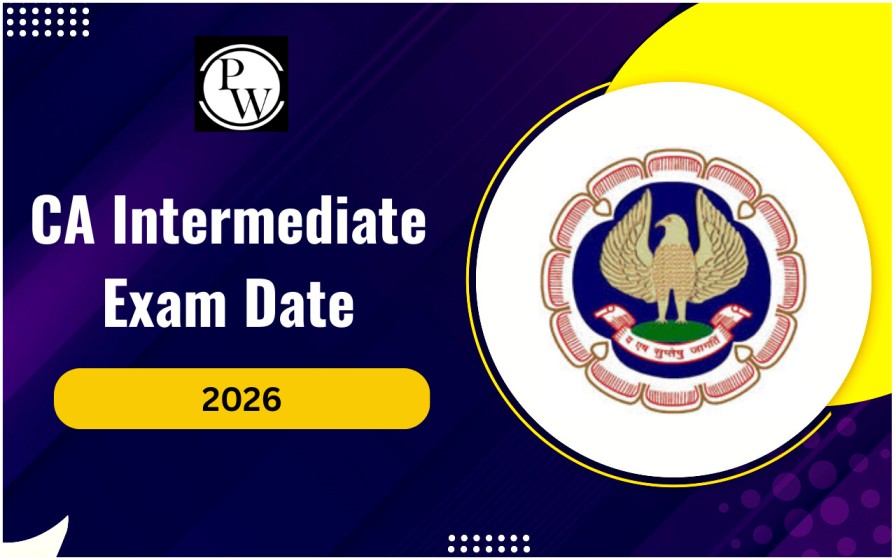
CFP Course: As a Chartered Accountant (CA), you already have a solid background in accounting and finance. Adding a Certified Financial Planner (CFP) certification to your credentials can broaden your opportunities and boost your career growth. Let's dive into the details of the CFP course and see how it enhances your CA qualification.
CFP Course After CA Overview
The Certified Financial Planner (CFP) designation is awarded by the Financial Planning Standards Board (FPSB) to those aiming to become professional financial planners. Recognized globally, this certification is highly regarded for its comprehensive training, education, and ethical standards in financial planning. According to the FPSB, financial planning involves creating strategies to help individuals manage their finances and achieve life goals. This process includes assessing the client's financial situation, crafting a financial plan, and implementing it for the client's benefit. Certified Financial Planners have numerous career opportunities in financial advisory services and the broader finance sector. They can work as consultants or represent their organizations in providing financial planning services to both individuals and businesses. To become a CFP, professionals must meet specific eligibility requirements and complete the 6-module CFP Certification Education Program. This program covers key areas such as Investment Planning, Financial Counseling, and Banking. Core topics include financial planning, risk analysis, insurance planning, and tax and estate planning.CFP Course Eligibility Criteria
To obtain CFP certification, there are two routes: the Regular Pathway and the Challenge Status Pathway. Below are the eligibility criteria for each.Regular Pathway Eligibility:
- Must have completed 12th grade.
- Must pass five exams covering six modules of the certification program to be certified by the FPSB.
Challenge Status Pathway Eligibility:
- Open to candidates who have qualifications such as CA Intermediate level , CFA, ICWA, CAIIB, CS, LLB, PhD, MPhil, PG, Licentiate/Associate/Fellowship of Life Insurance, Actuary, FFSI & FLMI from LOMA, or Civil Service Examinations by UPSC.
- Only the fifth exam (Advanced Financial Planning) needs to be passed to earn the certification.
Also Read: 5 Reasons Why To Become A Chartered Accountant
CFP Course Syllabus
The FPSB’s financial planning program covers eight comprehensive topics. These topics range from the basics to practical application in real-world scenarios. Here's an overview of the CFP syllabus:| CFP Course Syllabus | |
|---|---|
| CFP certification program components | Details |
| 1.Financial Planning Principles, Process and Skills | Financial planning process |
| Financial planning practice and ethics | |
| Professional Skills | |
| Regulatory, economic and political environments that affect personal financial planning | |
| Law and compliance | |
| Time value of money | |
| Client characteristics | |
| Client risk profile | |
| Client engagement and communications | |
| Critical thinking | |
| 2. Financial Management | Principles of financial management |
| Personal and small business balance sheet (net worth statement) | |
| Use and non-use assets | |
| Cash flow statement | |
| Budget preparation and management | |
| Savings analysis and strategy | |
| Emergency fund | |
| Credit and debt management | |
| Financial ratio analysis | |
| Specific purpose planning | |
| 3. Tax Principles and Optimisation | Taxation principles |
| Tax planning objectives | |
| Tax planning principles | |
| Tax planning law and policy | |
| Tax analysis and calculations | |
| Tax planning strategies | |
| Tax planning for asset location | |
| 4. Investment Planning / Asset Management | Investment principles |
| Investment objectives, constraints, capacity and suitability | |
| Investment time horizon | |
| Behavioral finance | |
| Asset classes | |
| Investment theory | |
| Performance measurement | |
| Asset allocation and performance | |
| Investment products – evaluation, selection and monitoring | |
| 5. Risk Management and Insurance Planning | Risk management principles |
| Insurance planning objectives | |
| Analysis and evaluation of risk exposures | |
| Risk strategies | |
| Risk management products | |
| Insurance law and claims process | |
| Product, company and adviser selection and due diligence | |
| 6. Retirement Planning | Retirement principles |
| Retirement objectives | |
| Retirement needs analysis and forecasts | |
| Potential sources of retirement income | |
| Retirement income and withdrawal projections and strategies | |
| Retirement planning and funding products | |
| 7. Estate Planning and Wealth transfer | Estate planning principles |
| Estate planning objectives | |
| Legal related issues | |
| Asset ownership and its implications | |
| Estate planning documents | |
| Succession planning | |
| Special family situation | |
| Projected financial situation at death | |
| Estate planning strategies | |
| Philanthropy and charitable giving | |
| Management in the event of incapacity (i.e., living estate planning) | |
| 8. Integrated Financial Planning | Client engagement, communication, and financial planning process |
| Collection and data | |
| Attitudes, goals and objectives | |
| Issues and problems | |
| Analysis | |
| Strategies | |
| Synthesis and recommendations | |
| Implementation | |
| Periodic review | |
Advantages of Pursuing CFP Course after CA
The following are the benefits of pursuing a CFP Course after CA:Broader Skill Set:
Combining a Chartered Accountant (CA) qualification with CFP Course equips you with a comprehensive understanding of both accounting and financial planning. This dual expertise makes you highly valuable to clients and employers.More Career Opportunities:
With a CFP certification, you can explore a variety of roles in the financial services sector. Opportunities include working as a financial planner, wealth manager, investment advisor, or starting your own financial planning business.Enhanced Credibility:
Achieving CFP certification boosts your professional credibility. It signals your dedication to high standards in financial planning, making clients and employers more likely to trust your advice and services.Higher Income Potential:
CFP-certified professionals generally earn higher salaries than their non-certified counterparts. With both CA and CFP credentials, you are well-positioned to negotiate attractive compensation packages.Client Trust and Satisfaction:
Clients tend to have more confidence in certified professionals, viewing them as more competent and reliable. By offering comprehensive financial planning, you can enhance client satisfaction and foster long-term relationships.How to Pursue a CFP Course After CA?
The following are the steps to pursue CFP Course after CA:- Explore CFP Programs: Start by looking into different CFP programs available. Choose one that fits your schedule, budget, and preferred learning style.
- Meet Eligibility Criteria: Check that you meet all the requirements for CFP certification, which usually include completing specific coursework and having relevant work experience.
- Study for the CFP Exam: Prepare for the CFP exam by reviewing the syllabus, taking practice exams, and getting advice from experienced professionals or mentors.
- Apply for the CFP Exam: When you’re ready, sign up for the CFP exam. Pay the required fees and pick a date to take the test.
- Engage in Ongoing Learning: After earning your CFP certification, continue learning. Keep up with industry changes, regulations, and best practices to continually improve your skills and knowledge.
| Also Read: |
| Top 10 Courses To Do Along With CA Course |
| CA Course Scope And Salary Of Chartered Accountants |
| Chartered Accountant Salary In India |
| Government Jobs for CA |
CFP Course After CA FAQs
What is the benefit of combining CA with CFP certification?
Combining CA with CFP equips you with expertise in both accounting and financial planning, expanding career opportunities.
What are the eligibility criteria for the CFP course after CA?
Eligibility includes completing specific coursework and having relevant work experience.
How can I prepare for the CFP exam?
Prepare by reviewing the syllabus, taking practice exams, and seeking advice from professionals or mentors.
What are the career opportunities after earning CFP certification?
Opportunities include roles as financial planners, investment advisors, or starting your own financial planning business.
Why pursue ongoing learning after obtaining CFP certification?
Continuous learning helps you stay updated on industry changes, regulations, and best practices, enhancing your skills and knowledge.
Talk to a counsellorHave doubts? Our support team will be happy to assist you!

Check out these Related Articles
Free Learning Resources
PW Books
Notes (Class 10-12)
PW Study Materials
Notes (Class 6-9)
Ncert Solutions
Govt Exams
Class 6th to 12th Online Courses
Govt Job Exams Courses
UPSC Coaching
Defence Exam Coaching
Gate Exam Coaching
Other Exams
Know about Physics Wallah
Physics Wallah is an Indian edtech platform that provides accessible & comprehensive learning experiences to students from Class 6th to postgraduate level. We also provide extensive NCERT solutions, sample paper, NEET, JEE Mains, BITSAT previous year papers & more such resources to students. Physics Wallah also caters to over 3.5 million registered students and over 78 lakh+ Youtube subscribers with 4.8 rating on its app.
We Stand Out because
We provide students with intensive courses with India’s qualified & experienced faculties & mentors. PW strives to make the learning experience comprehensive and accessible for students of all sections of society. We believe in empowering every single student who couldn't dream of a good career in engineering and medical field earlier.
Our Key Focus Areas
Physics Wallah's main focus is to make the learning experience as economical as possible for all students. With our affordable courses like Lakshya, Udaan and Arjuna and many others, we have been able to provide a platform for lakhs of aspirants. From providing Chemistry, Maths, Physics formula to giving e-books of eminent authors like RD Sharma, RS Aggarwal and Lakhmir Singh, PW focuses on every single student's need for preparation.
What Makes Us Different
Physics Wallah strives to develop a comprehensive pedagogical structure for students, where they get a state-of-the-art learning experience with study material and resources. Apart from catering students preparing for JEE Mains and NEET, PW also provides study material for each state board like Uttar Pradesh, Bihar, and others
Copyright © 2026 Physicswallah Limited All rights reserved.
